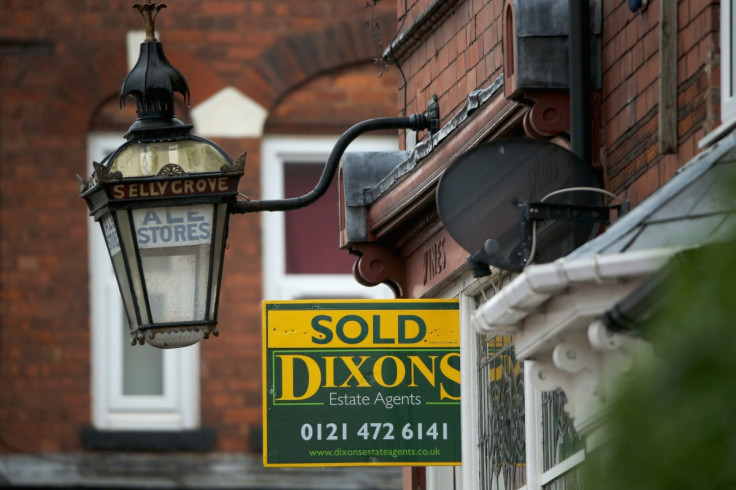Brexit fears and tax rises cause property transactions to slide in August
HMRC data shows a 6.1% annual fall in the number of housing deals going through last month.

The number of residential property deals slumped in August, as stamp duty increases on expensive and investment homes, affordability concerns for first-time buyers, and Brexit uncertainty weighed on the market.
There were 97,660 transactions in August, show figures from the tax office HMRC, down 6.1% over the year. There was negligible change on July's 97,710. Transactions peaked in 2016 at 179,670 in March as buy-to-let investors rushed to beat a 3% stamp duty hike on purchases of additional properties, which was due in April.
It followed an increase in stamp duty for expensive homes at the end of 2014, and a number of tax increases on overseas property investors, such as an annual levy on homes owned by offshore structures. This has cooled demand at the top of the market, particularly in London, where prices are significantly higher than elsewhere.
A protracted shortage of housing in some areas of the country is driving up house prices, pushing them out of reach for some aspiring homeowners despite a number of schemes to support first-time buyers, such as Help to Buy.
A cap of 4.5 on the loan-to-income ratio for most new mortgage lending, introduced by the Bank of England to stave off a credit bubble while interest rates are abnormally low, make it harder for some buyers to secure loans large enough to buy a home as house prices rise.
The vote for Brexit in the EU referendum on 23 June has created political and economic uncertainty in the UK, which is affecting the housing market by exacerbating existing issues.
The government is yet to trigger Article 50 of the Lisbon Treaty, which will formally start exit negotiations between the EU and the UK. The terms of Brexit, and the UK's future relationship with the EU and single market, are unclear.
The average UK house price grew 8.3% over the year to July 2016, down from an annual growth rate of 9.7% in June, said the Office for National Statistics (ONS). The average UK price stood at £217,000 ($282,000). Month-on-month, the average UK price rose 0.4%.
"This suggests that market demand remained relatively resilient after the Brexit vote, despite some slowdown in mortgage lending," said Thomas Fisher, an economist at PwC.
"However, as many of these transactions will have been in motion since before the referendum, more data will be needed to make a proper assessment of how the referendum result is affecting the housing market.
"Our own expectation is that the UK housing market will cool not crash. In our main scenario, average UK house price growth is projected to decelerate to around 5% in 2016 and around 1% in 2017."
© Copyright IBTimes 2025. All rights reserved.






















